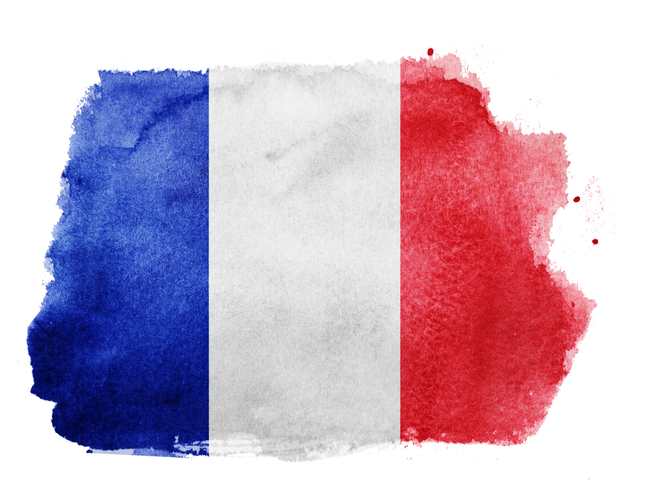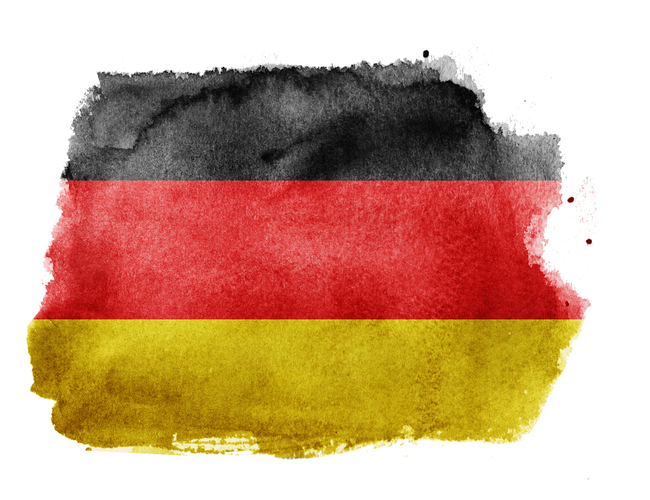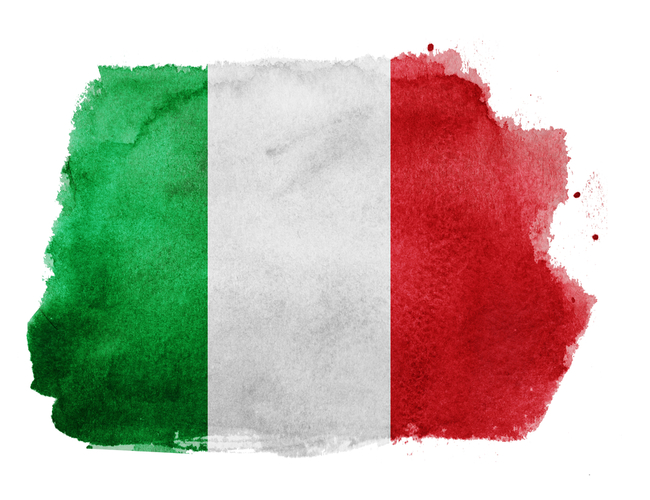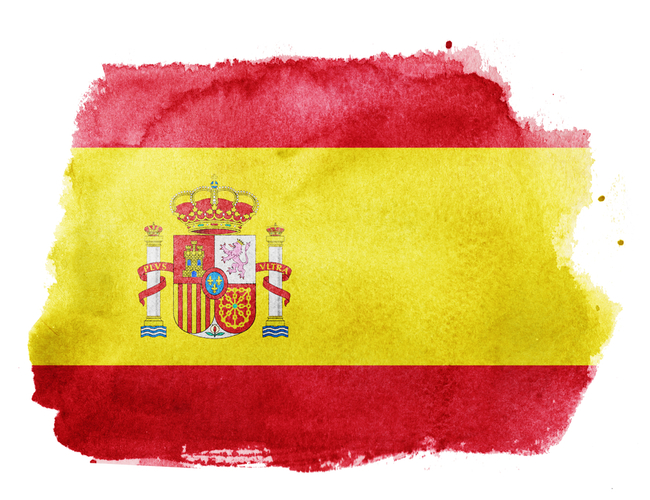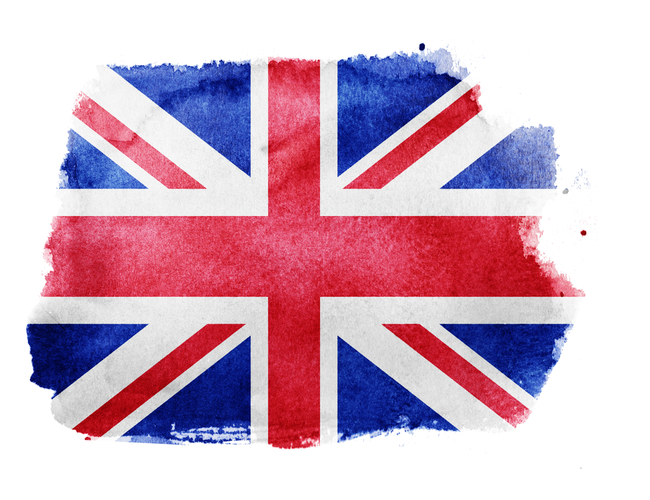What is the Eurovision Song Contest?
Started way back in 1956 as a way of drawing a fractured Europe back together with the healing power of music, the Eurovision Song Contest, or Concours Eurovision de la Chanson – the contest is telecast in both English and French – is open to all active members of the European Broadcasting Union, which oversees the competition.
Each country is permitted to submit one three-minute song to the contest – a song which is selected by a variety of means, usually a winner-takes-all competition such as Sweden’s renowned Melodifestivalen – which their selected entrant performs in one of two semi-finals in the hopes of making it to the glittering grand final.
Only six countries have direct entry into the grand final
- The Big Five who fund most of the contest – UK, Germany, France, Italy and Spain
- The host country (which is the winner of the previous year’s contest); this year that country is Switzerland.
The winner is chosen by a 50/50 mix of viewer votes (you cannot vote for your own country) and a jury of music industry professionals in each country, a method which was chosen to counter the alleged skewing of votes based on political and/or cultural lines when voting was purely the preserve of viewers at home. (This mix applies only to the grand final; voting in the semi finals is purely by popular vote with no jury involvement.)
Past winners include, of course, ABBA in 1974 with “Waterloo” and Celine Dion who won for Switzerland in 1988 with “Ne partez pas sans moi”.Above all though, the Eurovision Song Contest is bright, over the top and deliciously camp, a celebration of music, inclusiveness and togetherness that draws annual viewing figures in the hundreds of millions.
This year’s event
The grand final of the Eurovision Song Contest 2025, continuing the theme of “United by Music”, will take place in St. Jakobshalle, Basel, on Saturday 17 May with semi-finals on Tuesday 13 and Thursday 15 May. The 69th Eurovision Song Contest grand final will be hosted by Hazel Brugger, Michelle Hunziker and Sandra Studer while Brugger and Studer will host the semi-finals. Swiss broadcaster SRG SSR will host the event, together with the European Broadcasting Union (EBU), will organise the Contest thanks to Nemo’s historic win in Malmö in 2024.
THE ARTIST
A French-Brazilian actress known variously as Louane Emera or mononymously as Louane, France’s entrant for the Eurovision Song Contest is best known internationally for her role in the 2014 film La Famille Bélier, for which, so Wikipedia informs us, she won the César Award for Most Promising Actress.
But while she has cinematic fame and fortune all sewn up, Louane is also known, notes her official Eurovision bio as “a major icon of the French music scene” and not just any music artist with the bio breathlessly informs us, with hyped bells on, that “She has been called a bridge between the personal and the universal.”
A heady accolade indeed and one that had its genesis in her time on 2013’s The Voice France at just 16 years of age, a publicly experienced event that launched her musical and acting career, again says the bio which appears to quite enjoy a bit of poetic hyperbole, which has “touched millions of hearts and created a deeply human body of work.”
With six top-ten albums behind her, two of which, Chamber 12 and Louane have soared to the number one position, and sold-out tours right across the biggest arenas in Europe, Louane has attracted a slew of prestigious awards including NRJ Music Awards and Victoires de la Musique.
But can she capture Eurovision, the most glittering prize of all?
(courtesy Eurovision.tv (c) Damien Krisl)
THE SONG
While it’s unlikely she will – not because the song or the artist isn’t up to the job but voters in recent years seem especially unenamoured of voting for any of the Big Five countries, no matter how good the artist with Sam Ryder the sole exception of late – her song “maman” is just gloriously beautiful.
A love letter to her mother who died after a lengthy illness in 2014 when the artist was still a teenager, “maman” reflects on what her mother might have made of her daughter’s life, especially now she is a mum herself.
Loaded with all kinds of personal meaning, and delivered by Louane with all the rich and resonant emotion you can imagine she’d bring to such an autobiographical track, the song is lyrically impactful and musically moving, existing as a raw expression of the artist’s soul which can’t help but deeply affect you.
It would be nice to think a song this touchingly resonant could win the whole damn contest, and it would be lovely if it did, but I suspect it will be standout moment that will capture hearts, see tears shed and prove how good France is at digging to the depths of our collective soul.
GERMANY: “Baller” by Abor & Tynna
THE ARTIST
Hailing from Austria and members of a family of Hungarian artists, Attila and Tünde Bornemisza, known to their adoring fans as Abor & Tynna, have been steeped in music from a young age, learning classical instruments courtesy of their dad Csaba, a cellist with the Vienna Harmonic, the official orchestra of the Vienna State Opera, since 1993.
That early start to their musical education has paid off in spades with the duo releasing their first music in 2016 through SoundCloud which gained them quite a bit of notice after their mother shared their video on Facebook which was noticed by a producer.
Abor, so their official Eurovision bio, tells us, handles all the beats and arrangements while Tynna “works her magic on the lyrics and vocals”.
Touring through Austria and Germany, the duo have honed their performative skills to the point that while they declined an offer to participate in Austria’s internal selection for Eurovision, they took up a suggestion from their German record label, Jive Germany, to take part in Chefsache ESC 2025 – Wer singt für Deutschland? (“Top priority ESC 2025 – Who sings for Germany?”) where, quite obviously, they were very successful.
(courtesy Eurovision.tv)
THE SONG
“Baller” absolutely rocks!
It kicks off nice and slowly with some lovely cello work by Attila against ethereally electronically-enhanced vocals before kicking things up a few notches or two with Tünde’s resonant vocals adding a lustrous to a song full of compelling hooks and some delicious forward momentum.
There’s an atmospheric bliss to this track which bounces and soars and vivaciously has the run of the stage.
It’s a goosebumps at five paces kind of deal and will lend itself to a brilliantly engaging live performance and you can only hope some decent amounts of votes coming Germany’s way.
ITALY: “Volevo Essere Un Duro” by Lucio Corsi
THE ARTIST
Luca Corsi, who hails from Maremma in Tuscany, is a very talented artist, his musical ability encompassing singing, song writing and virtuosity on multiple instruments.
While he may a quirky persona, he is a solid classics afficionado, drawing inspiration, so his official Eurovision bio tells us, from “both the great Italian and the classic singer-songwriter traditions, with influences ranging from Paolo Conte and Lucio Dalla to Bob Dylan and Randy Newman”.
It’s also kind of cool that Corsi first fell in love with music by watching The Blues Brothers when he was just a kid, a seminal moment that saw graduate, while still very young, to writing his own material and performing in the clubs and squares of his hometown during which time he wrote a lot of progressive rock thanks to, so says Wikipedia, “the experimentalism of Peter Gabriel’s Genesis”.
He has persisted with this experimental streak which permeates his albums including La Gente Che Sogna and which no doubt encouraged him have some real musical fun on “album Bestiario Musicale, which explores the animals of his homeland”.
With lots of touring under his belt, and some soundtrack work courtesy of the Paramount+ hit show, Vita da Carlo, which used his hit 2024 track “Tu Sei Il Mattino”, Corsi is well-versed in what it takes to wow audiences and keep them on the edge of their seats.
(courtesy Eurovision.tv (c) Simone Biavati)
THE SONG
If you’re expecting a song that dances on the edges of quirky experimentalism, then think again because “Volevo Essere Un Duro (I wanted to be a Tough Guy)” pays homage to classics of a different age, sounding very Beatle-esque and mid-tempo lush and warmly encompassing.
Where things get interesting is in the accompanying video clip which playfully mocks the idea that being into music of a non-classical kind must be the work of the evil and something created in direct defiance of loving but conservative parents.
It’s got a chilled and reflective feel that will lend itself to a relaxed and convivial performance and while you might think a song like this would not win Eurovision, keep in mind that it came second in the 75th edition of the prestigious Sanremo Festival where it won the “Mia Martini” Critics’ Award.
So, the song has winning vibes going for it and while Eurovision is a whole other contest altogether, don’t rule out this charming ’60s-influenced track just yet.
THE ARTIST
Experience is something Melody aka Melodía Ruiz Gutiérrez has a lot of with 25 years as a songer, songwriter and danced under her very stylish belt.
But here’s the thing – thanks a massive hit at the age of 10, yes TEN, with the song “El baile del gorila”, Melody hasn’t quite reached her mid-thirties with everything from six albums, numerous singles in Spain and Latin America and appearances on TV shows like Tu Cara Me Suena and Paco León’s series Arde Madrid packed into her career.
Completely redefines prodigious doesn’t it?
Proving that she can reinvent herself and push boundaries where she needs to, most recently evidenced, says her official Eurovision bio, by recent hits like “Bandido” and “Mujer Loba”, Melody is a much-loved musical figure in over 15 countries, adored for her, and yes, here’s the official bio once again, “for her musical talent, charisma and energy”.
But can she remake herself on the biggest European stage of all and emulate the success of recent Spanish entrants?
(courtesy Eurovision.tv (c) Valeri Rioja / RTVE)
THE SONG
“ESA DIVA” may kick off with a brief flamenco flourish and some hushed, impassioned vocals that are redolent with a huge amount of emotiveness, Melody sounds like she’s ticking all the usual Spanish boxes when you first hear the song.
But then song kicks into its chorus and you get some tasty electronic stylings that should have Europeans audiences up and dancing, especially if she delivers the sort of memorable performances she’s know for.
The only downside is that while the song has some fun, and the bridge is a slice of strobe lighting fabulousness, it doesn’t stick around in the musical memory as profoundly as you need if you’re going to get Eurovision audiences to keep your uppermost in their minds when voting.
So, while the song will likely be a lot of fun to watch being performed, it’s not likely to send Spain hurtling to a massively high placing.
SWITZERLAND: “Voyage” by Zoë Më
THE ARTIST
Now here’s a lovely bit of descriptive dissonance for you.
Switzerland’s successor to last year’s contest winner Nemo, Zoë Më, is 1.80 metres tall but describes herself as a “little fairy” with her feet linguistically in two different languages and cultures, French and German.
But while the artist may a study in charming contradictions, she has the musical chops, starting her musical journey at the tender age of 10, with her initial forays into music propelled by her love for the French language, an affinity which, her official Eurovision bio tells us, “she nurtured through school, friendships and her personal passions”.
Her ability to move seamlessly across cultures has also endeared her to fans with 2024 seeing her awarded “SRF 3 Best Talent” and “RTS Artiste Radar” and her bilingual EP Dorienne Gris getting her performance slots at some pretty major festivals like Montreux Jazz Festival and Luzern Live.
And now, of course, Eurovision …
(courtesy Eurovision.tv (c) SRF / Maurice Haas)
THE SONG
And look for her to hit it out of the park at Eurovision as she has at so many other places.
Sung in French, “Voyage” is pure ethereal bliss, a slice of delicately lovely vocals, buoyed by her gently emotive vocals, which comes some deeply meaningful lyrics which talks of a relationship marked by devotion, yes, but also some dark and hurtful tendencies.
This mix of seriously introspective lyrics and a gorgeously ruminative melody absolutely works and should mean you won’t hear a pin drop in The Jakobshalle when Zoë Më takes to the stage and quietly but empathically owes the place if only for three short but infinitely lovely moments.
Quite how this will do is anyone’s guess but suffice to say that, while it’s a thousand years from Nemo’s more boisterous, genre-busting effort, it has a power and and presence all its own and should do very nicely indeed.
UK: “What the Hell Just Happened?” by Remember Monday
THE ARTIST
Composed of Lauren Byrne, Holly-Anne Hull and Charlotte Steele, Remember Monday is a band, so their official Eurovision bio tells us, “with a real flair for vocal harmonies”.
Springing to prominence on The Voice UK in 2019 (where they were mentored by the one-and-only Jennifer Hudson), three members of the band bonded at school over their shared passion for music, which has seen itself manifest in their original compositions and covers of other tracks like “Kiss from a Rose” by Seal and “Hand in My Pocket” by Alanis Morissette, which have generated quite a lot of social media buzz including a pretty healthy 11.3 million likes on TikTok alone.
But while likes are fun, it’s the music that matters and to date, Remember Monday have released two EPs and 12 singles which focus, so says the bio, “on their epic three-way harmonies and some clever, heartfelt songwriting”.
They absolutely have what it takes to make it as a pop group in the long-term but do they have the song right now to make some waves in oh, say, a week at Eurovision?
(courtesy Eurovision.tv) (c) BBC / BBC Studios / Rob Parfitt)
THE SONG
This is one of those songs that just leaps up, seizes your heart and soul by everything within reach and demands you know it, own it, love it.
Reflecting the morning after after a huge party the night before, “What The Hell Just Happened?” is an almost operatic pop song that bursts forth with energy, passion and a sense of quite in-your-face playfulness.
It’s the perfect mix of British quirkiness and some seriously good songwriting and performance and you can only hoper audiences appreciate what a clever, highly listenable, Queen-esque song this is.
It’s going to go over a storm live and even if the UK doesn’t emulate Sam Ryder’s success this year, the British entry will provide one of the most enjoyably vivacious performances of the night.
So where done! Can you believe it? You know what you have to do now, don’t you? Listen to all 37 songs and lose yourself in them, ready for the coming week’s gloriously joyful and fun madness …

